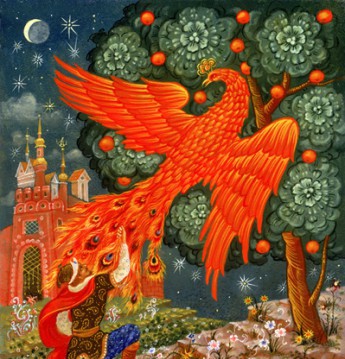I’m excitedly awaiting the release on November 13 of my new adult novel, and first book in the Trinity series. Trinity: Book 1, Koldun Code, (published by Momentum) is a gripping, distinctive novel that’s part pulse-pounding conspiracy thriller, part erotically-charged romance, and part supernatural mystery, set in modern Russia. And in this brand-new blog, I want to explore some of the background and inspirations for the book.
Trinity grew out of a very long fascination of mine with Russia and its extraordinary culture. I’ve loved it since I was eleven years old and read and re-read Jules Verne’s thrilling, atmospheric Russian-set adventure story, Michel Strogoff. Progressing rapidly as a teenager from that to the Russian greats—Dostoevsky, Chekhov, Tolstoy, Gogol, Bulgakov, amongst others—with side excursions into the richness of Russian fairytale and folklore, and influenced moreover by my French father’s longtime interest in both Russian icons and Russian music( a good deal of my childhood is set to the soundtrack of the Red Army Choir) I had conceived an idea of an extraordinary country and a culture that went far beyond the alternately dull and scary Cold War headlines we saw in the newspapers every day. Brought up in an anti-Communist family (despite Dad’s love of the Red Army Choir!), I was nevertheless deeply attracted by Russia and her extraordinary cultural and historical paradoxes: grandeur and intimacy, magic and brutal realism, wild romance and complex intellectualism, beauty and terror, warmth and ruthlessness, tenderness and black humour. I loved it both because it was headily unfamiliar, and yet deeply familiar in ways I could hardly articulate, but that struck echoes deep within my being.
But though I dreamed of going to Russia, the Iron Curtain made it seem just that, a dream. As a young person, the idea of going on strictly-supervised tours extolling Soviet ‘achievements’ did not appeal to me in the slightest, and even when the Soviet regime began first to relax its grip, and then in short order to fall to pieces and disappear, the hurly-burly of personal and professional life made the dreamed-of trip seem even less of a reality. The ‘horror stories’ of the 90’s, with the threat of gangs and casual violence as well as discomfort and incompetence, didn’t help either. So for a long time, I just kept thinking about it, watching Russian films, and films about Russia.I wrote a fantasy novel, The Firebird, based on the classic Russian fairytale, and introduced Russian characters into other novels. And I kept reading,(and still do!) discovering in the process wildly diverse modern Russian writers such as Andrei Makine(beautiful meditative novels about the Soviet past), Alexandra Marinina(ex-cop turned writer’s tough crime novels)Sergei Lukyanenko(gripping urban fantasy sagas) Zakhar Prilepin(gritty political fiction) and others. And then, in 2010, finally, I made my first visit to Russia. Continue reading

